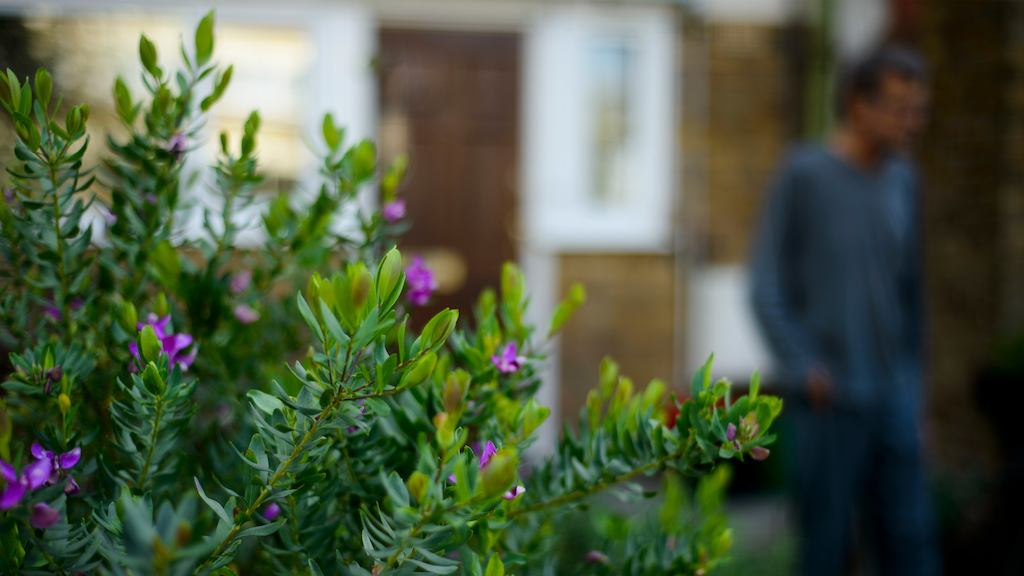A new report by Ipsos MORI and the Centre for Ageing Better shines a light on the impact lockdown has had on those aged 50-70, revealing dramatic changes to people’s lives and their plans for the future.
Some have seen their health decline, with one in five saying their physical health has worsened since lockdown. Over half have had a medical or dental appointment cancelled. 32% have been drinking more, and 36% have been smoking more.
At the same time, the lockdown has prompted worries about people’s finances, with almost half of people in their 50s and 60s saying they expect their finances to worsen in the year ahead. Nearly seven in ten (68%) of those who are currently workless do not feel confident that that they will be employed in the future.
For some, however, this period has been a positive one, prompting reflections about family, work and community. 30% have been volunteering informally, such as running errands for neighbours. The majority of those who have taken up volunteering expect to carry on doing so in the future. Many have enjoyed spending more time with loved ones, and as a result are re-thinking their priorities: nearly half of those in work would consider changing their working pattern in future, and a quarter would consider a career change.

